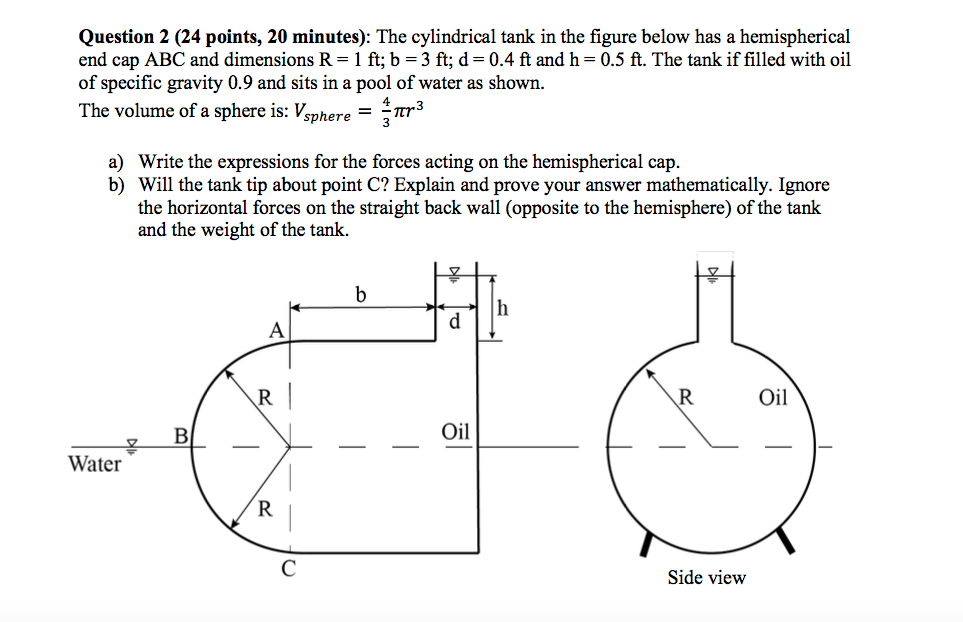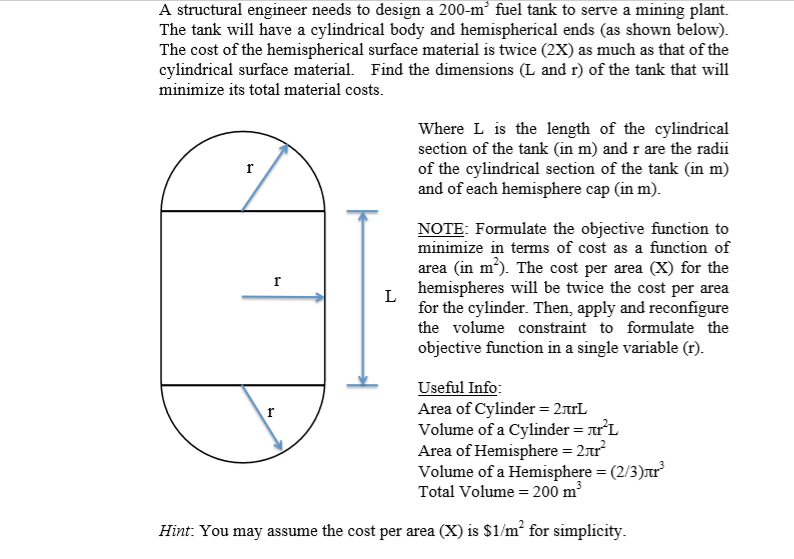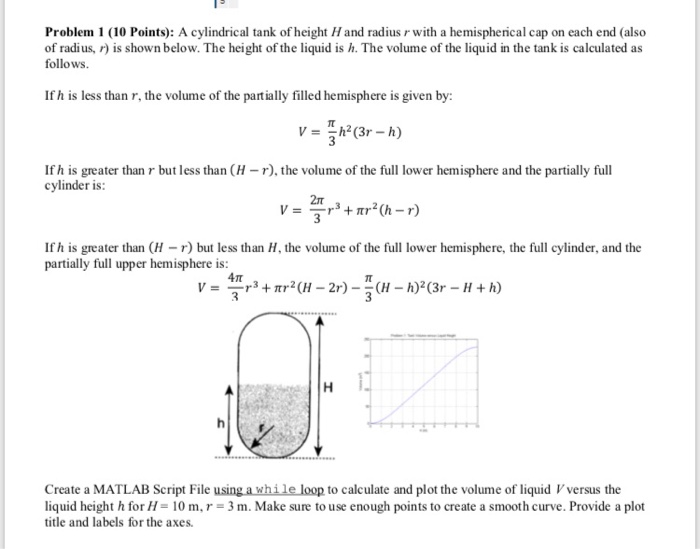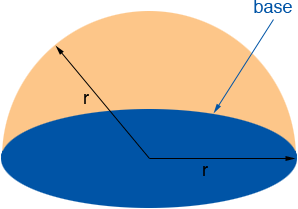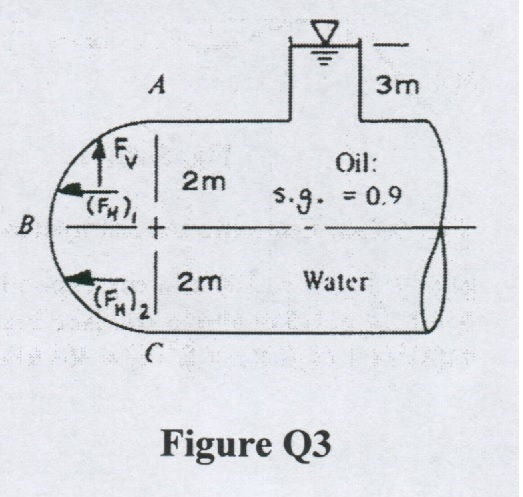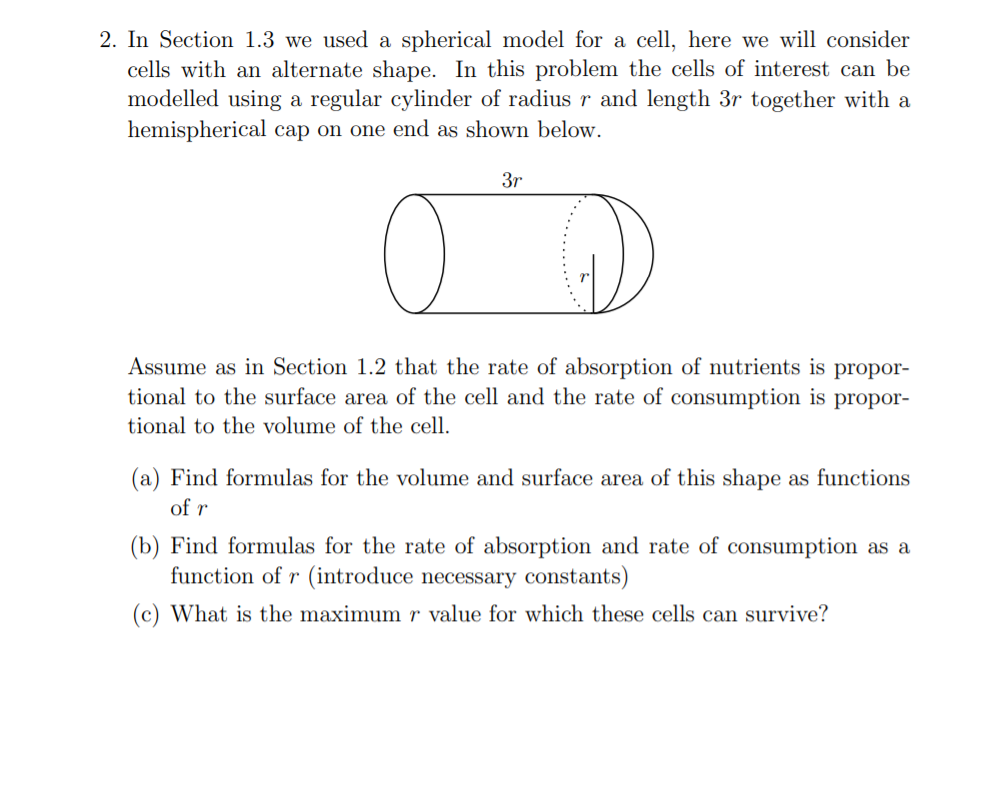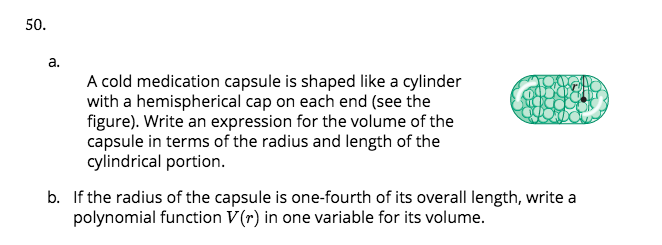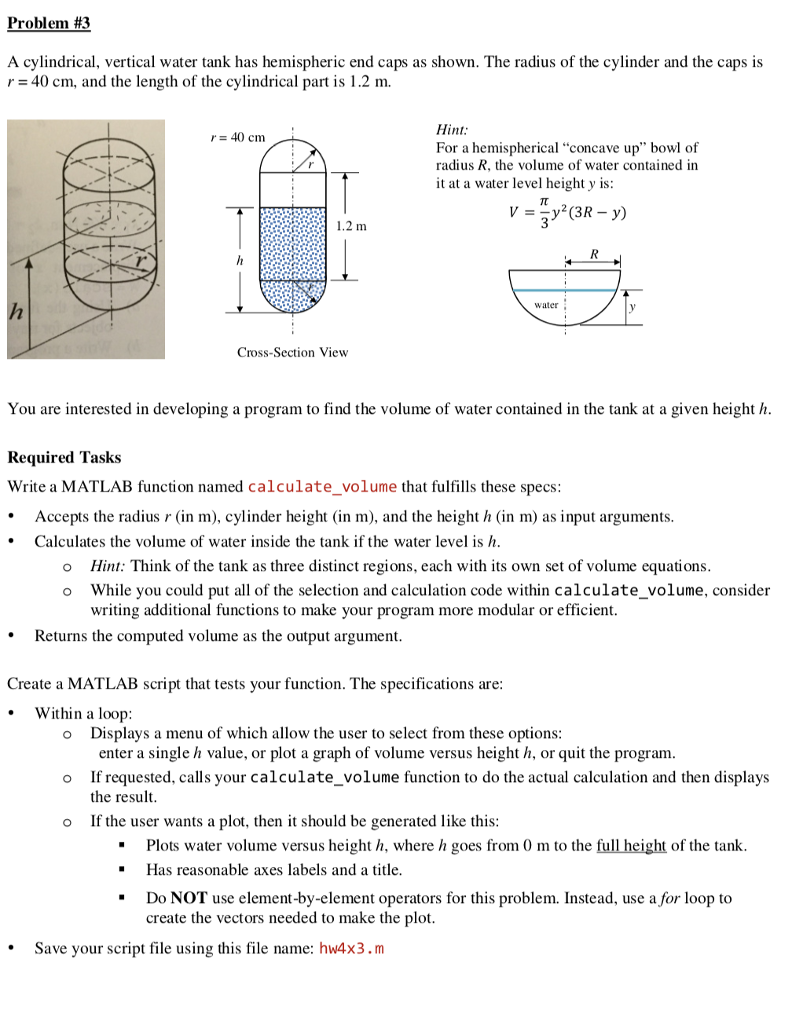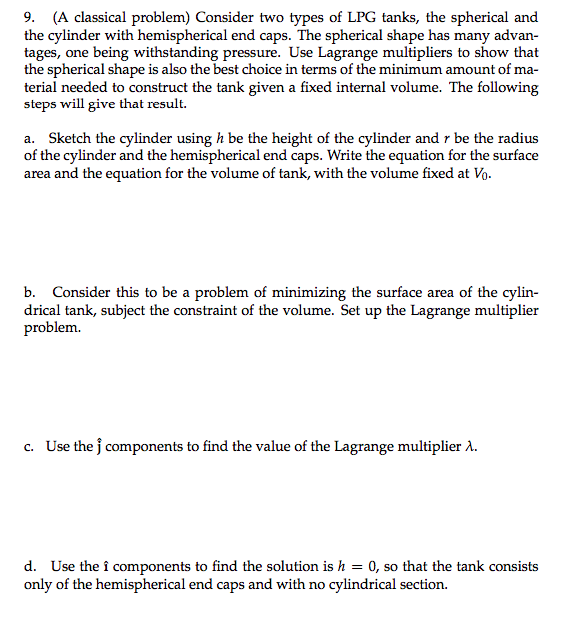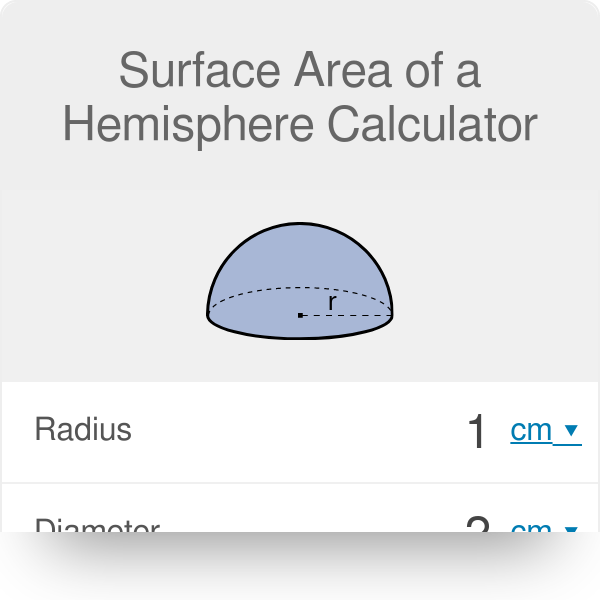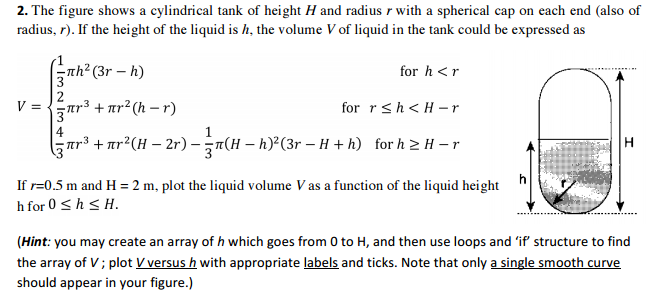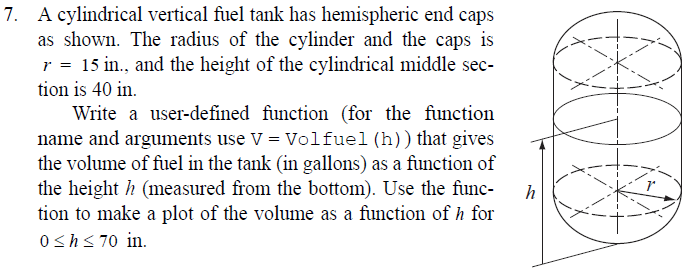V tank π r 2 l calculate the filled volume of a horizontal cylinder tank by first finding the area a of a circular segment and multiplying it by the length l.
Volume of hemispherical end caps.
According to the different geometric shapes it can be divided into elliptical tank head torispherical end hemispherical dish end spherical end conical end flat end etc.
The volume of a cylinder with hemispherical ends is calculated by entering the known values for radius and length.
Dimensional tolerances are in millimeters unless otherwise indicated and are equal except as noted.
It also gives all required dimensions to form a cap.
The two hemispherical ends add up to one whole sphere so we ll just consider a sphere and a cylinder.
To calculate the fluid volume in a vertical or horizontal tan k can be complicated depending o f the fluid height and the caps.
At 1219mm diameter the sphere has volume roughly 948 44 liters.
Dished end also called dished head or tank head is an important pressure element for pressure vessels and boilers the dished end is usually used at both ends of the pressure vessel and welded with the cylinder.
Mss sp 43 only covers stainless steel buttweld fittings made for use with schedule 5s and 10s pipe and stub ends suitable for use with schedule 40s pipe as defined in asme b36 19.
Hi rumandcola b16 9 does not only specify the thickness at butt welding end.
Just to check the data you ve given.
A hemisphere is a half of a sphere.
A π r 2 where r is the radius which is equal to 1 2 the diameter or d 2.
Caps shall be ellipsoidal heads and shall conform to asme bpvc this is what b16 9 says please see general note b to table 10 of asme b16 9.
Total volume of a cylinder shaped tank is the area a of the circular end times the length l.
Calculate the volume of cylinder with hemispherical ends for given radius and length using the following formula.
The two hemispherical ends and the middle cylinder.
Volume pi x r 2 x l 4 x pi 3 x r 3 for example.
There are three parts to the tank.
The capsule is a shape consisting of a cylinder with hemispherical ends means a sphere has been cut in half through its center and combined at both the ends of a cylinder.


